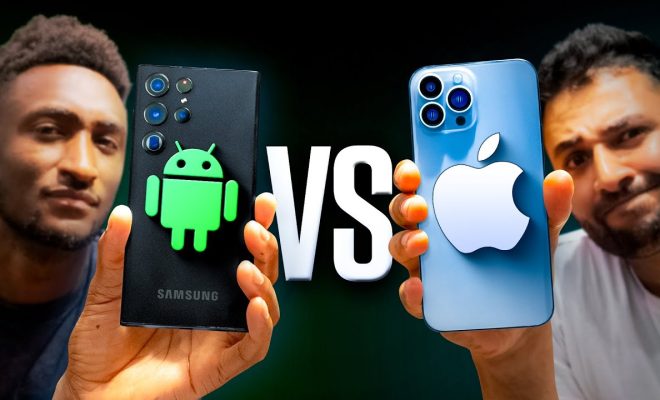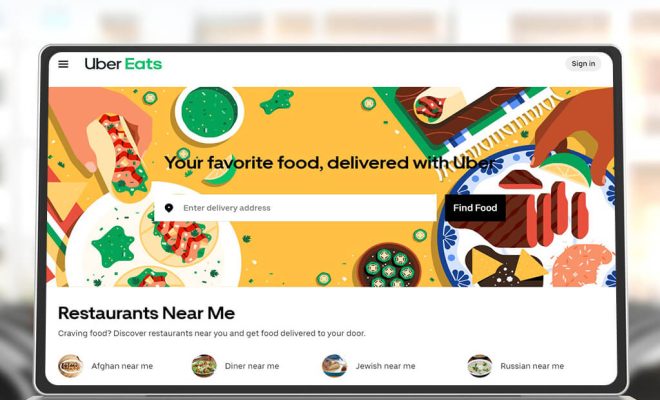iPhone vs Android: Which Is Better For You?

The iPhone vs Android debate has been raging on for years. Both platforms have their loyal followers and staunch critics. Both have their own unique features and capabilities. But which one is better for you? In this article, we discuss the advantages and disadvantages of each operating system to help you make an informed decision.
Hardware:
One of the biggest selling points for the iPhone is its hardware. Apple invests heavily in design and quality hardware, so iPhones tend to last longer than most Android phones. On the other hand, Android phones come in a wider range of sizes, types, and prices. This is because Android is available on a wide variety of devices from different manufacturers, each with its own specifications and design.
Ease of Use:
iPhones are famous for their user-friendly interface, which makes them a great choice for beginners. The interface is simple and intuitive, making it easy for users to navigate and find what they need. Android, on the other hand, has a more complex interface that can be a bit overwhelming for new users. However, once you get the hang of it, Android’s interface is just as easy to use as the iPhone’s.
Customization:
One of the biggest advantages of Android over iPhone is the customization options available. Android users have more control over their devices, with the ability to customize everything from the home screen to the keyboard. On the other hand, Apple restricts some customizability on their devices, but they compensate for it with regular updates to optimize the user experience.
Apps:
Both iOS and Android have access to many apps that cover various purposes from social media to productivity, but iOS applications are more curated, and they have strict rules set by Apple before being accepted to the App Store. In contrast, Android apps are more lenient, as developers have the freedom to create apps with much flexibility. Also, some apps may release earlier on iOS than Android, while others may release only on Android.
Price:
iPhones are notoriously expensive. It’s a well-known fact that if you want the latest iPhone, you’ll have to pay a premium price, well over $1,000. On the other hand, the range of Android devices comes at a wider range of prices suited for everyone’s budget.
Security:
Security is a prime concern. In terms of privacy and security, Apple is known to have a more stringent policy for third-party apps as everything has to be approved by Apple before going live in the App Store. They also have a more secure and locked ecosystem with advanced privacy features, meaning you’re less likely to encounter any malware or hacking incidents. In comparison, Android’s platform is open-source, which means it’s more vulnerable to malicious activities. However, with regular security updates, these potential threats are addressed.
In conclusion, choosing between an iPhone and an Android phone depends on what matters to you most. If you value ease of use and longevity, then iPhone is the best choice. While if you want more customization flexibility, security options, and general affordability, Android phones are your go-to choice. The decision ultimately rests on your priorities, lifestyle, and preferences.




